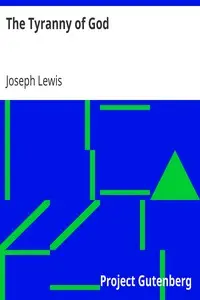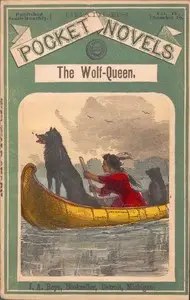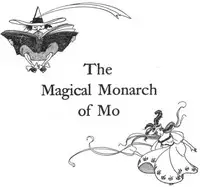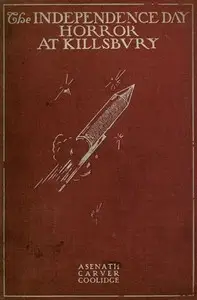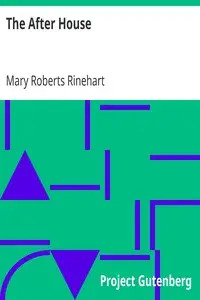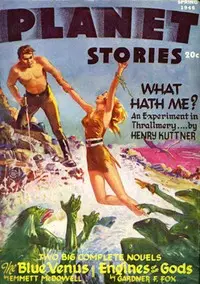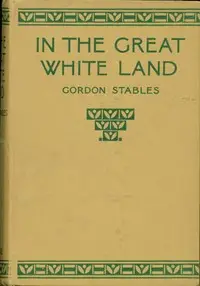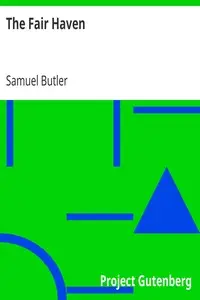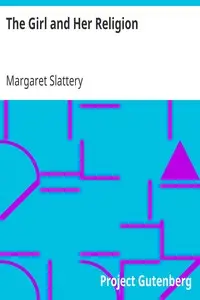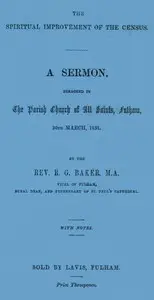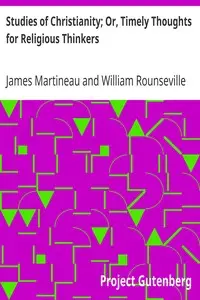"An Atheist Manifesto" by Joseph Lewis is a provocative polemic published in the mid-20th century. As a philosophical work, it embarks on a critical examination of religious belief and its implications on human society and progress. The book argues against the existence of a deity, asserting that religion has historically hindered knowledge, intellectual development, and the well-being of humanity. In this manifesto, Lewis articulates his belief that reliance on religion promotes ignorance and fear, while advocating for a rational, science-based understanding of life. He argues that true happiness and progress arise from human effort and the pursuit of knowledge, rather than from devout worship. Through vivid critique, he details how religious doctrines have perpetuated suffering and stunted societal advancements, encouraging readers to free themselves from the constraints of superstition and embrace a life dedicated to humanistic values and the betterment of all. Lewis's work calls for the rejection of religious myths in favor of a commitment to reason, scientific inquiry, and mutual compassion among individuals. (This is an automatically generated summary.)
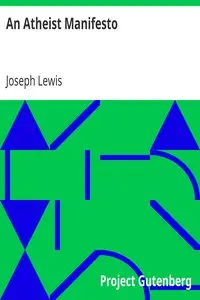
An Atheist Manifesto
By Joseph Lewis
"An Atheist Manifesto" by Joseph Lewis is a provocative polemic published in the mid-20th century. As a philosophical work, it embarks on a critical e...
Joseph Lewis was an American freethinker and atheist activist, publisher, and litigator. During the mid-twentieth century, he was one of America's most conspicuous public atheists, the other being Emanuel Haldeman-Julius. Born in Montgomery, Alabama to a Jewish family, he was forced by poverty to leave school at the age of nine to find employment. He read avidly, becoming self-educated. Lewis developed his ideas from reading, among others, Robert G. Ingersoll, whose published works made him aware of Thomas Paine. He was first impressed by atheism after having read a large volume of lectures of Ingersoll devoted to his idol Paine, which was brought to their house by his older brother. He later credited Paine's The Age of Reason with helping him abandon theism.

